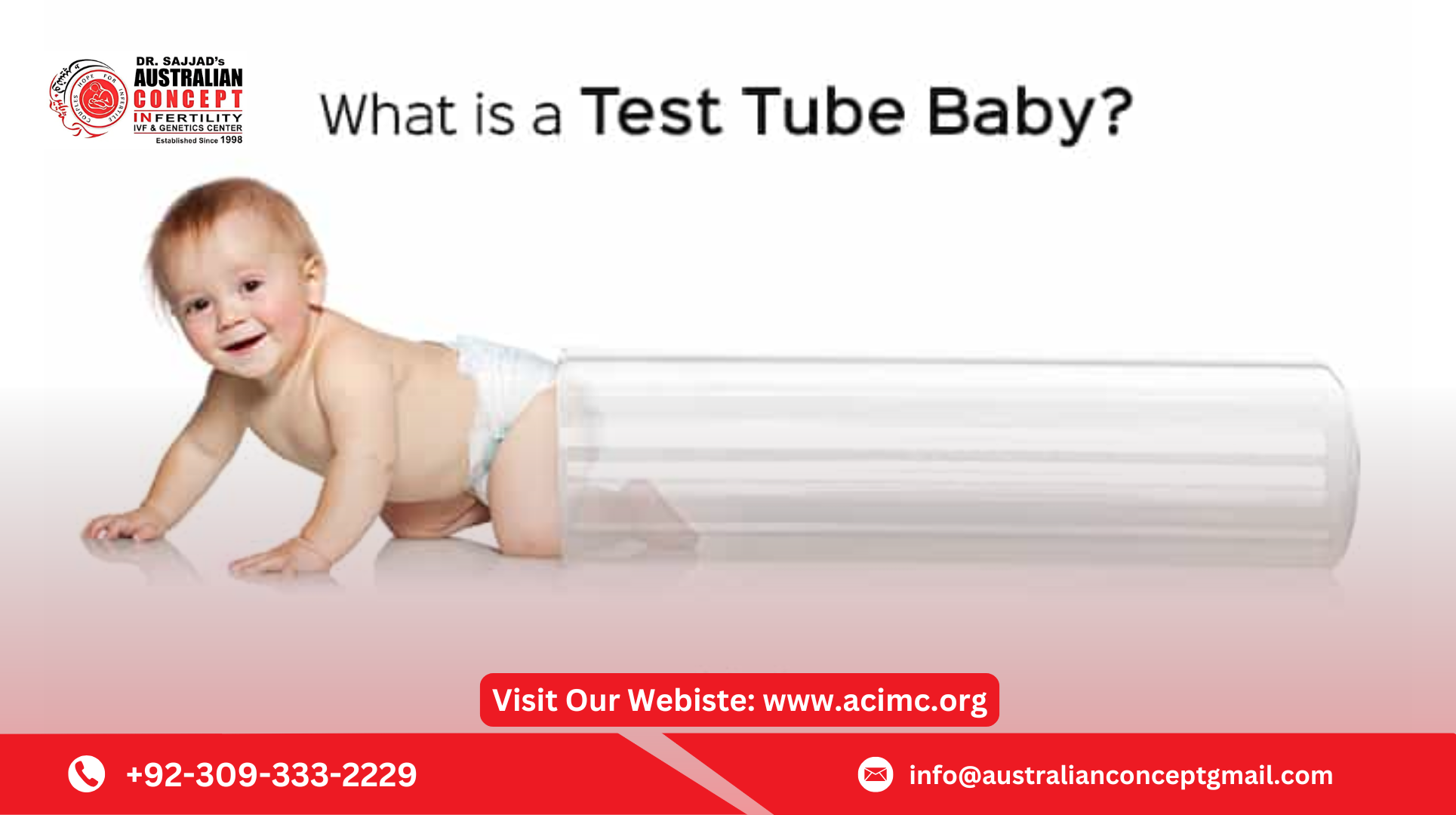The test tube baby procedure, medically known as In Vitro Fertilization (IVF), has become a common fertility treatment option for couples facing difficulties in conceiving naturally. In Pakistan, the success rate of this procedure varies depending on several important factors such as the couple’s age, health condition, and treatment quality.
Understanding the Test Tube Baby Procedure
In this procedure, eggs are collected from the woman and fertilized with sperm in a controlled laboratory environment. The resulting embryos are then transferred to the uterus, where pregnancy can develop naturally. The success of this process depends on many variables that specialists carefully monitor.
Average Success Rate in Pakistan
In Pakistan, the success rate of test tube baby procedures generally ranges between 25% and 40% per cycle. This means that around one in three couples may achieve a successful pregnancy in their first IVF attempt. However, these rates can be higher for younger women with good egg quality and lower for women over 40 due to declining fertility.
It’s important to understand that IVF success is cumulative. Couples who undergo multiple cycles often experience better chances of conception over time.
Factors That Affect Success Rates
Several factors influence how successful the test tube baby procedure can be:
1. Age of the Woman
Age plays a vital role in fertility. Women under 35 typically have higher success rates compared to older women because egg quality and ovarian reserve decline with age.
2. Cause of Infertility
The underlying reason for infertility whether it’s due to blocked tubes, hormonal imbalance, or male factor infertility affects the outcome of IVF. Identifying and treating these causes before starting treatment can improve results.
3. Laboratory Quality
A well-equipped laboratory with advanced technology ensures better fertilization and embryo growth. The quality of incubators, culture media, and handling of eggs and sperm all contribute to the overall success rate.
4. Lifestyle and Health Factors
Healthy lifestyle choices such as maintaining a balanced diet, exercising regularly, avoiding smoking and alcohol, and managing stress can significantly boost fertility outcomes.
5. Experience of Specialists
The expertise of fertility specialists and embryologists is critical. Accurate diagnosis, proper medication, and careful embryo transfer procedures all influence the chances of success.
6. Number of Embryos Transferred
Sometimes transferring more than one embryo increases the likelihood of pregnancy, though it may also raise the chance of multiple births. The number of embryos used depends on the couple’s condition and doctor’s recommendation.
Improving Chances of Success
Couples can take several steps to enhance their IVF success rate:
-
Get a thorough fertility assessment before treatment.
-
Follow medical advice strictly and attend all scheduled appointments.
-
Focus on maintaining a healthy weight and balanced lifestyle.
-
Manage emotional stress through counseling or relaxation techniques.
Each of these factors contributes to a more favorable environment for conception and pregnancy.
What Couples Should Expect
The journey of IVF can be emotionally and physically demanding, but it also brings hope to those struggling with infertility. It’s important for couples to stay patient and understand that success may take more than one cycle. Regular communication with doctors, realistic expectations, and emotional support play a crucial role in maintaining motivation during the process.
Conclusion
In Pakistan, the success rate of the test tube baby procedure typically ranges from 25% to 40%, depending on age, fertility health, and treatment quality. While results can vary, advances in technology and medical expertise continue to improve outcomes for hopeful parents. With proper guidance, patience, and care, many couples successfully achieve their dream of starting a family through IVF.
For More Details: https://acimc.org/ivf-lahore/



